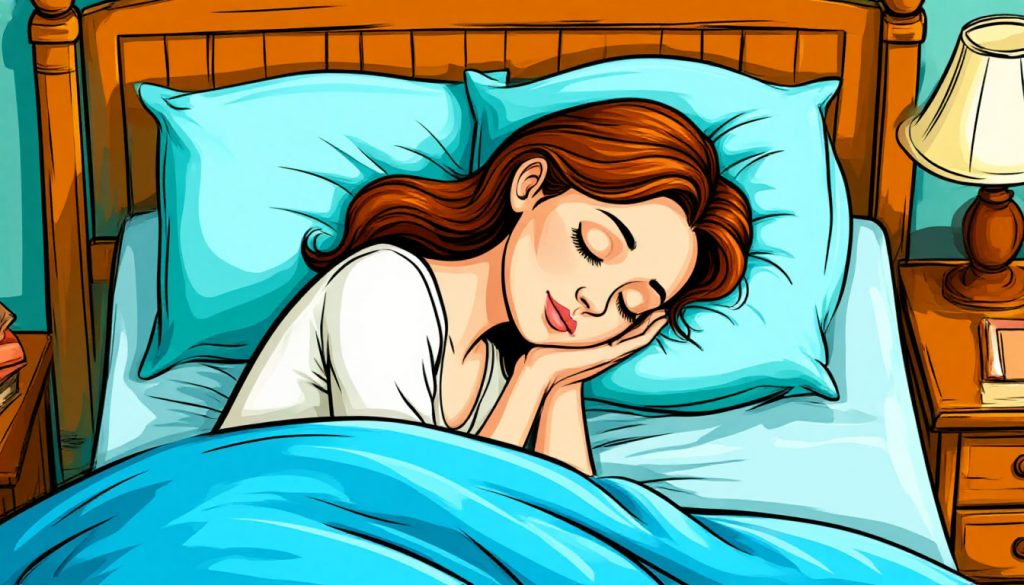Sleep is essential for physical health, mental clarity, and emotional well-being. Yet millions of people suffer from poor sleep quality due to stress, irregular habits, or screen use. Practicing good sleep hygiene—healthy habits and routines that promote restful sleep—can dramatically improve your sleep and overall quality of life.
What Is Sleep Hygiene?
Sleep hygiene refers to the behaviors, environmental factors, and routines that help you fall asleep easily and stay asleep throughout the night. Good sleep hygiene doesn’t just help with falling asleep—it improves sleep quality, reduces fatigue during the day, and supports long-term health.
Poor sleep hygiene, on the other hand, may lead to insomnia, irritability, poor concentration, and even higher risk of chronic diseases.
Establishing a Consistent Sleep Schedule
The body has a natural clock called the circadian rhythm, which follows a 24-hour cycle. Disrupting this rhythm—by sleeping at different hours every day—can cause sleep problems. To maintain balance:
- Go to bed and wake up at the same time every day, even on weekends.
- Avoid napping late in the day or for too long (limit naps to 20–30 minutes).
- Spend time in natural daylight, especially in the morning, to reinforce your internal clock.
Consistency trains your brain and body to expect sleep at the right time.
Create a Sleep-Friendly Environment
Your bedroom should be a place that signals your brain: “It’s time to rest.” Ideal conditions include:
- Cool room temperature (16–20°C or 60–68°F)
- Darkness (use blackout curtains or a sleep mask)
- Silence, or calming white noise if needed
- Comfortable mattress and bedding
- Removal of bright lights and screens, including TVs and phones
Reserve the bed only for sleep and intimacy—avoid working or watching movies in bed.
Evening Habits That Promote Sleep
Good sleep hygiene starts before bedtime. Try these practices:
- Establish a calming wind-down routine: reading, taking a warm bath, or light stretching
- Avoid caffeine, alcohol, and nicotine in the evening
- Dim the lights at least an hour before sleep
- Turn off electronic devices 30–60 minutes before bed—blue light can delay melatonin production
- Avoid heavy meals or drinking large amounts of fluid late at night
These habits signal your body that it’s time to slow down.
Daytime Tips for Better Sleep at Night
What you do during the day affects your night’s rest:
- Be physically active—regular exercise improves sleep but avoid intense workouts right before bed
- Limit screen time and take breaks from digital devices
- Avoid excessive sugar or processed foods that can interfere with rest
- Manage stress and anxiety through meditation, journaling, or breathing techniques
The more balanced your day, the easier it is to rest at night.
Glossary
- Sleep hygiene – Healthy habits and routines that support restful sleep.
- Circadian rhythm – The body’s internal clock that regulates sleep-wake cycles.
- Melatonin – A hormone that helps regulate sleep, naturally produced in darkness.
- Insomnia – Difficulty falling or staying asleep.
- Blue light – Light from screens that can interfere with melatonin production.


